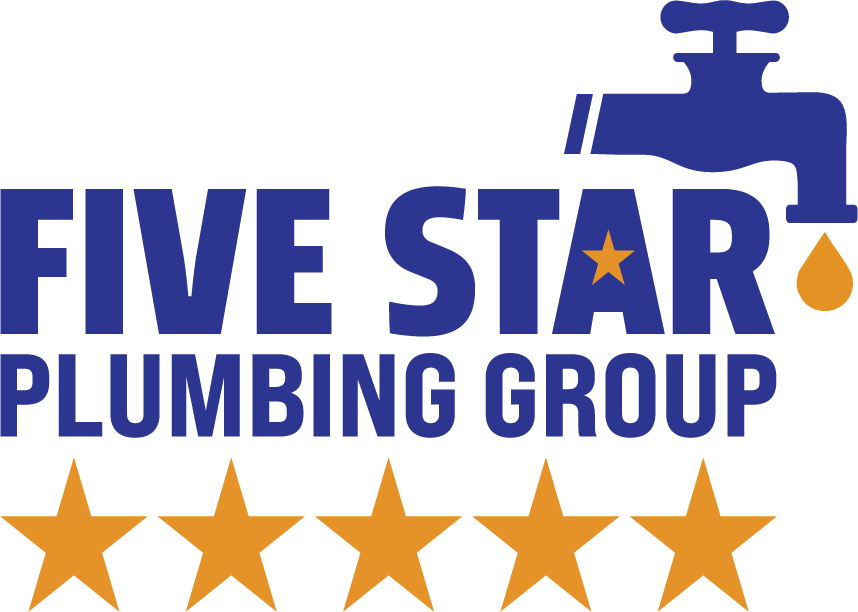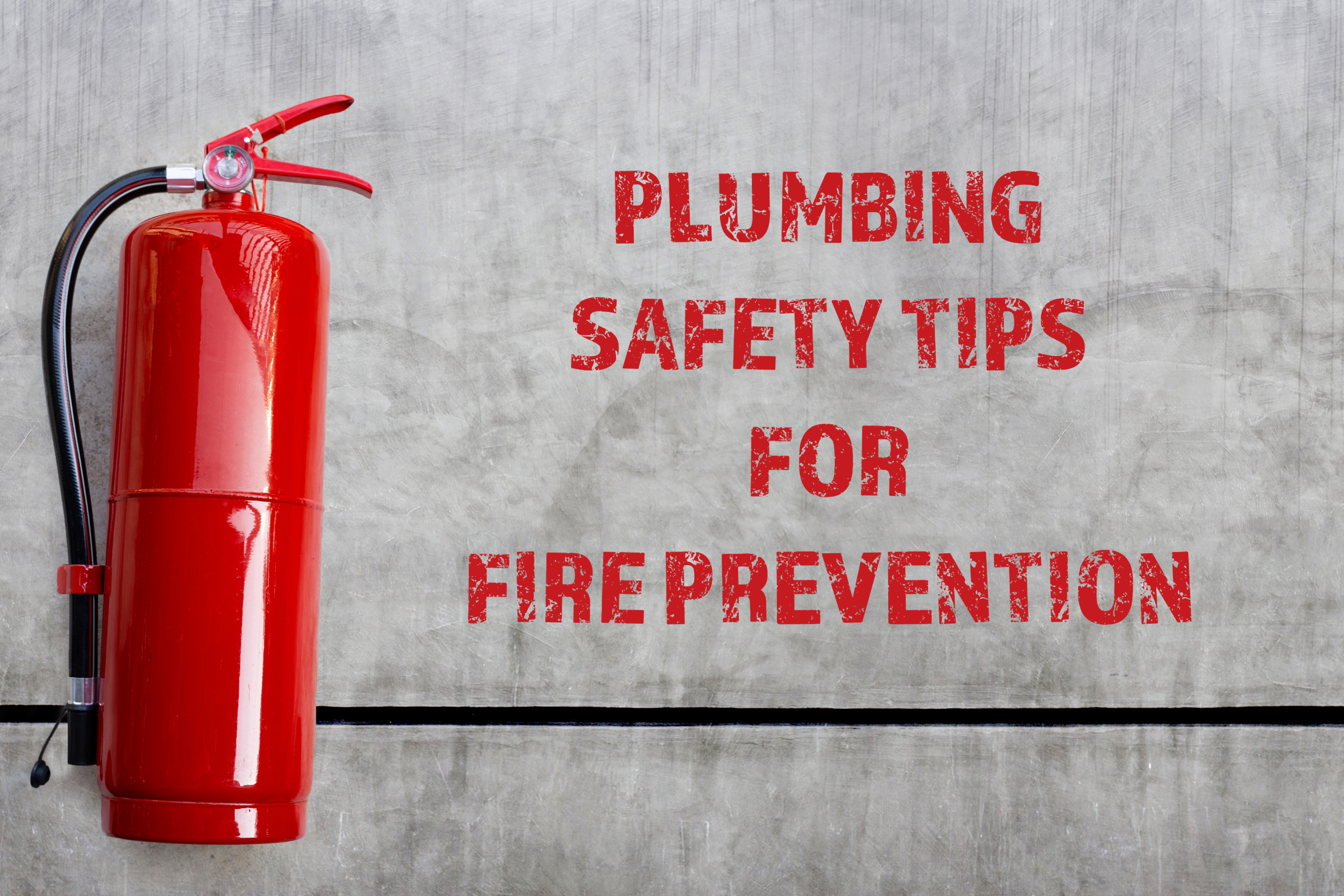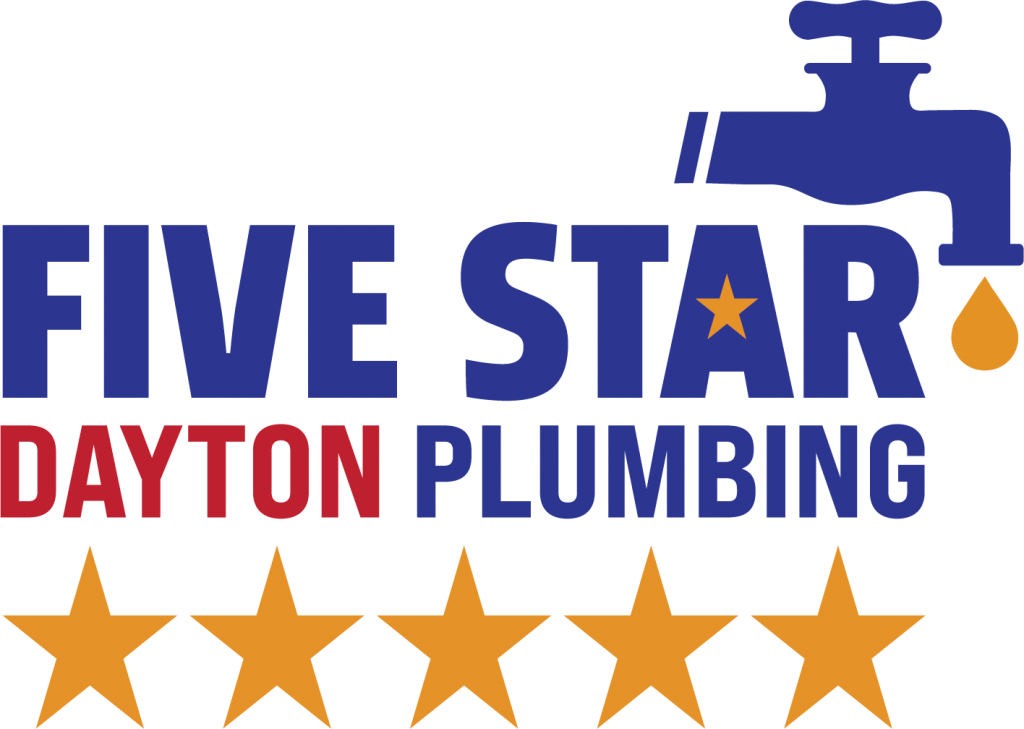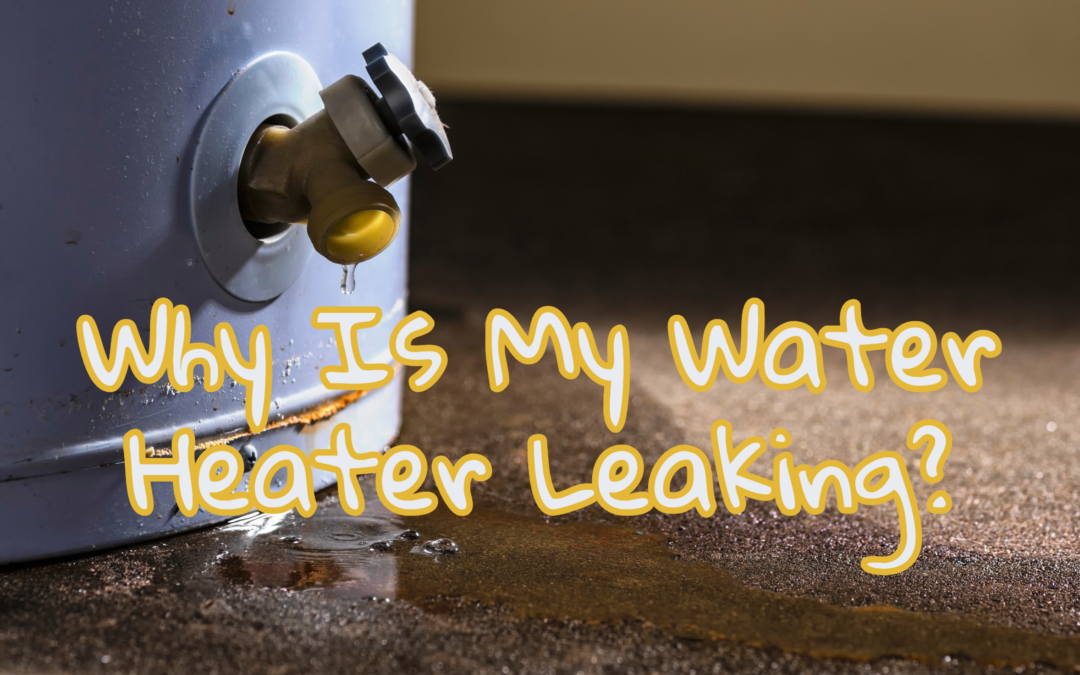Are you aware that October is designated as Fire Prevention Month? It was initially established as National Fire Prevention Week in 1922 to commemorate the Great Chicago Fire of 1871. However, it has since been expanded to encompass the entire month. On average, approximately 358,500 house fires occur each year. There are many reasons as to why house fires are started. But a whopping 5,400 of them are attributed to water heaters. Now, it is important to clarify that this statistic does not imply that water heaters are inherently dangerous. It does, however, underscore the significance of adhering to proper practices and avoiding negligence when it comes to your water heater, as neglect can have adverse consequences if left unaddressed.
Join the Five Star Dayton Plumbing family as we provide comprehensive guidance on water heater fire prevention.
Understanding the Distinctions in Risks Between Gas and Electric Water Heaters:
Before delving into safety recommendations, let us first examine the differences between gas and electric water heaters. While these two types rely on different energy sources, their operational mechanisms are similar. The question of which one takes precedence in terms of safety remains open to debate. Nonetheless, it is a good idea to understand their energy sources first and how they function.
Gas Water Heaters: Gas water heaters employ natural or propane gas to heat water, which introduces the possibility of gas leaks resulting in flammable vapor. Consequently, the likelihood of a vapor-induced explosion is heightened if a gas leak occurs and the flammable vapor comes into contact with an ignition flame. Thankfully, modern water heater models typically feature bottom seals that safeguard the ignition flame, preventing it from encountering flammable vapors. To err on the side of safety, it is advisable to install a Carbon Monoxide & Explosive Gas Detector in your residence, regardless of your water heater’s age. These hybrid alarms can effectively detect carbon monoxide and natural gases, including methane and propane.
Electric Water Heaters: Conversely, electric water heaters rely on electricity as their energy source, necessitating vigilance for signs of overheating or electrical fires. (Click here to read more about why electric waters overheat.) Several factors can contribute to water heaters overheating. In such cases, it is advisable to explore potential solutions. However, if your water heater’s temperature exceeds 140ºF, consider lowering it. If the issue persists, it is advisable to seek the assistance of a professional. As a general guideline, water heaters are typically set between 120ºF and 140ºF.
Essential Safety Tips for Water Heater Fire Prevention:
- Maintain a Safe Distance: It is imperative to keep flammable materials at a safe distance from your water heater and its immediate surroundings. This includes paint cans, empty gasoline containers, oily rags, household chemicals, cleaning products, cardboard boxes, stacks of paper, wood furniture, and plastic bottles. Furthermore, if your water heater is located in the garage, exercise caution when storing items such as lawnmowers that require gasoline, as this presents a substantial fire hazard.
- Know the Shut-off Procedure: Familiarize yourself with the process of shutting off your water heater. While it may not be a daily concern, having this knowledge can prove invaluable in critical situations that require swift action.
- Maintain an Uncluttered Space: Ensure that the area surrounding your water heater remains free of clutter. In essence, provide adequate “breathing space” for your water heater to facilitate proper airflow. Keep in mind that piling items around or in front of your water heater obstructs airflow and poses a genuine fire hazard.
- Schedule Annual Plumbing Inspections: Arrange for an annual plumbing inspection conducted by a qualified plumber. Such inspections encompass various components of your plumbing system, including pipes, drainage systems, sinks, toilets, showers, water heaters, and other plumbing-related appliances. This proactive approach serves to maintain the optimal functioning of your plumbing system, detect potential issues, and prevent them from escalating into more substantial and hazardous problems in the future.
In conclusion, prioritizing safety and responsible water heater maintenance is paramount. Our primary objective is to ensure the safety and well-being of you and your family. Give us a call to learn more about our Whole Home Protection Plan. We’ve got you covered when it comes to keeping your home and HVAC system in tip-top shape!
Stay safe and call Five Star Dayton Plumbing for all your plumbing needs today at (937) 230-6506, or schedule an appointment online now by clicking here!




